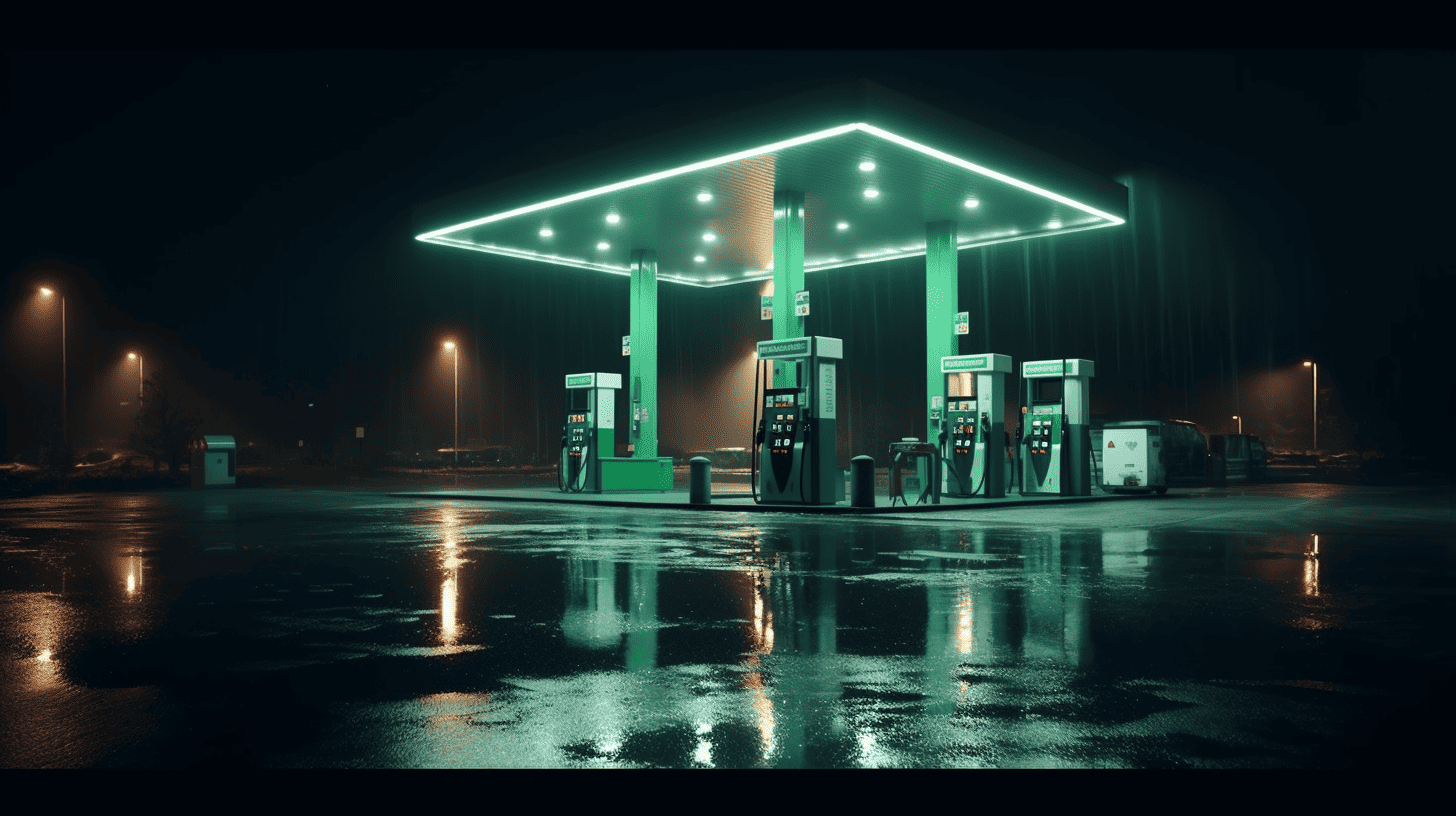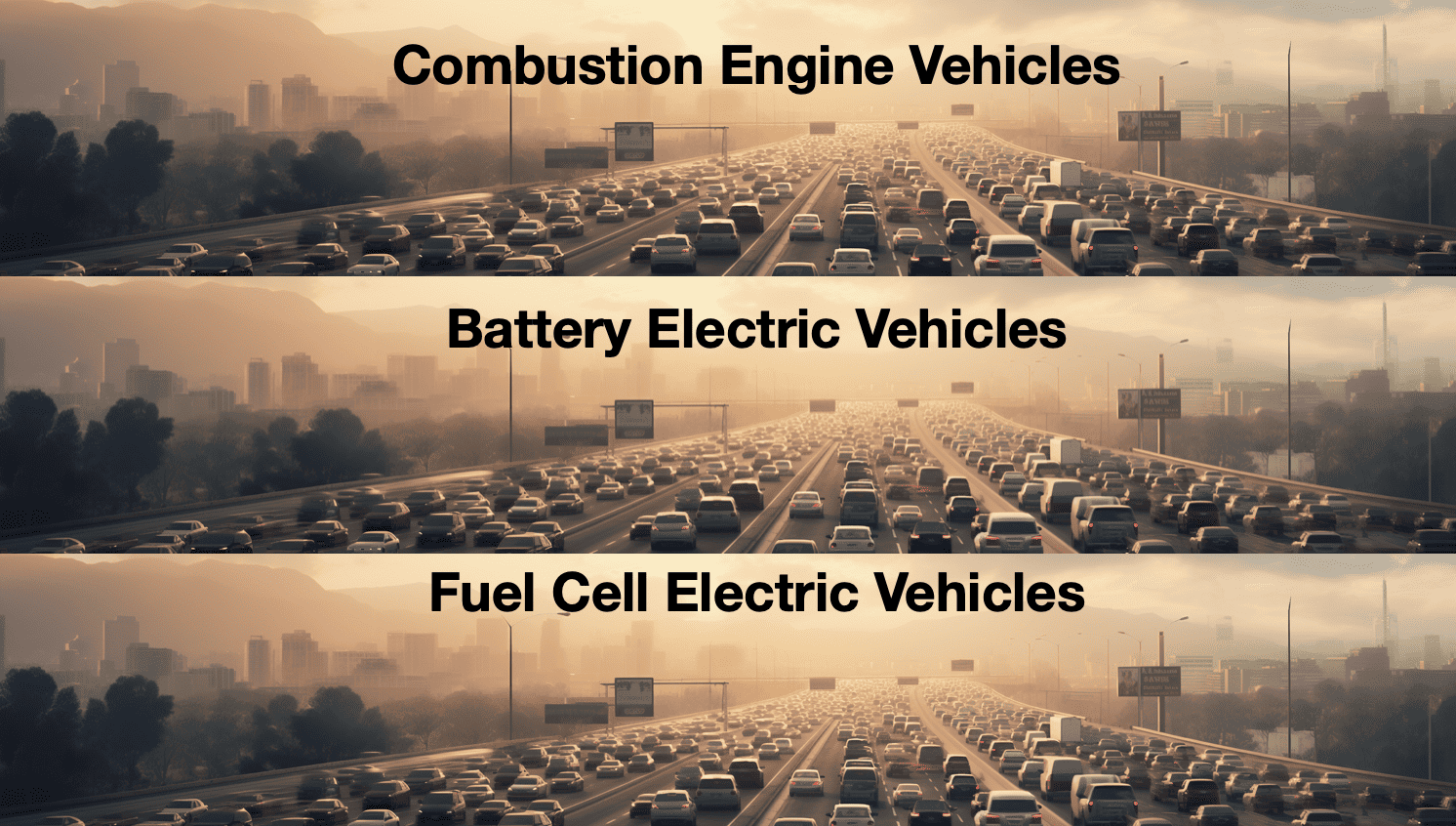
The Netherlands has grown big with the help of big solid plans. Nationally coordinated and controlled. The Delta Works, by way of example. Big plans give a sense of being in control and of political decisiveness. But now that model really seems to be on its last legs.
For example, the Financial Times stated last week that the Netherlands is the first country that may well be running up against the limits of its own economic growth. A global problem, but one that is especially acute in the Netherlands. With an extremely high population density of as many 507 people per km2 – five times the EU average – there is a shortage of space here for just about everything. Moreover, the amount of usable land is diminishing due to climate change. Attempts to solve this with grand gestures like in years past consistently fail. What is telling is that the mother of all grand plans – the Dutch Environment Act – was postponed yet again this month for the fifth time. Expectations are that its implementation is nowhere near in sight for this.
Remarkable times
In this respect, we live in remarkable times. Who would have thought, a major war in Europe. Raging inflation. No more staff to be found. And in the midst of a massive energy crisis, the Netherlands is closing Europe’s largest natural gas reserve because the continuation of gas production in densely populated areas poses an irresponsible safety risk.
And then the second largest agricultural exporter in the world also has a huge nitrogen problem that is dividing and paralyzing the country. Just this week, the Dutch Council of State ruled that construction of the mega-project Porthos – which is intended to store CO2 in empty gas fields under the seabed, does indeed need a nitrogen assessment to be made. This puts an end to the so-called ‘bouwvrijstelling‘ (exemption for construction for the legal cap-and-trade system) that for some time prevented construction from grinding to a complete halt after an earlier ruling by this highest administrative court. Apparently, piecemeal work is not the solution either.

Housing shortage
Add to this the paradoxical phenomenon of the housing shortage. The disparity between the number of homes and the number of households is at an all-time low point, according to Statistics Netherlands (CBS). And Dutch homes are, on average, a bit larger than those of our neighboring countries. Nevertheless, in yet another grand plan, the Dutch cabinet has agreed to build a total of 900,000 homes by 2030. That is obviously not going to succeed. And even if it were to be accomplished, it will not solve the problem because the proposed concentration of a rising supply of houses will actually lead to more demand and higher prices, mainly on account of the agglomeration effect. Sort of like: the more asphalt, the more traffic jams.
To sum up, we are frenetically providing answers to the wrong questions each time and, as a result, an ever-growing population that wants to live, work and spend leisure time in a high-quality living environment is running up against a brick wall of what is feasible.
Growth as a lever
Perhaps we need to stop making things bigger and bigger, and instead invest in smaller things. See growth not as an end in itself, but as a lever for a wide range of social investments. Not production and growth, but rather quality of life should be the key focus.
Investments then serve as an impetus to tackle the major social issues of our time, from the climate crisis to loneliness. That also fits seamlessly in with the principles of the circular economy. Plus, it creates a solid basis for collaboration.
So, it is a matter of thinking big, capitalizing on complexity and then taking small and decisive action. A thousand small plans are much more robust than one big comprehensive plan.







